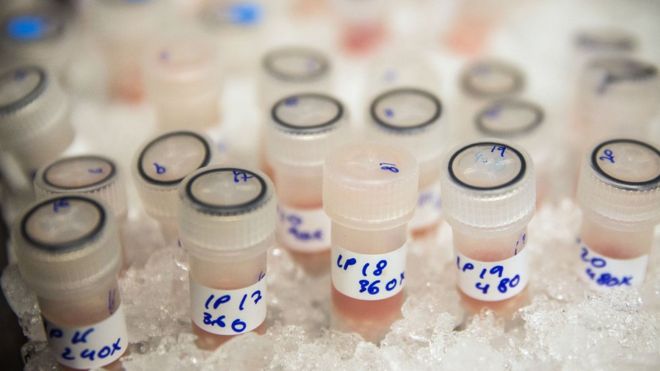The Chronicle of Higher Ed
Originally posted 18 Feb 24
Here is an excerpt:
In August 2021, the blog Data Colada published a post titled “Evidence of Fraud in an Influential Field Experiment About Dishonesty.” Data Colada is run by three researchers — Uri Simonsohn, Leif Nelson, and Joe Simmons — and it serves as a freelance watchdog for the field of behavioral science, which has historically done a poor job of policing itself. The influential field experiment in question was described in a 2012 paper, published in the Proceedings of the National Academy of Sciences, by Ariely and four co-authors. In the study, customers of an insurance company were asked to report how many miles they had driven over a period of time, an answer that might affect their premiums. One set of customers signed an honesty pledge at the top of the form, and another signed at the bottom. The study found that those who signed at the top reported higher mileage totals, suggesting that they were more honest. The authors wrote that a “simple change of the signature location could lead to significant improvements in compliance.” The study was classic Ariely: a slight tweak to a system that yields real-world results.
But did it actually work? In 2020, an attempted replication of the effect found that it did not. In fact, multiple attempts to replicate the 2012 finding all failed (though Ariely points to evidence in a recent, unpublished paper, on which he is a co-author, indicating that the effect might be real). The authors of the attempted replication posted the original data from the 2012 study, which was then scrutinized by a group of anonymous researchers who found that the data, or some of it anyway, had clearly been faked. They passed the data along to the Data Colada team. There were multiple red flags. For instance, the number of miles customers said they’d driven was unrealistically uniform. About the same number of people drove 40,000 miles as drove 500 miles. No actual sampling would look like that — but randomly generated data would. Two different fonts were used in the file, apparently because whoever fudged the numbers wasn’t being careful.
In short, there is no doubt that the data were faked. The only question is, who did it?
This article discusses an investigation into the research conduct of Dr. Dan Ariely, a well-known behavioral economist at Duke University. The investigation, prompted by concerns about potential data fabrication, concluded that while no evidence of fabricated data was found, Ariely did commit research misconduct by failing to adequately vet findings and maintain proper records.
The article highlights several specific issues identified by the investigation, including inconsistencies in data and a lack of supporting documentation for key findings. It also mentions that Ariely made inaccurate statements about his personal history, such as misrepresenting his age at the time of a childhood accident.
While Ariely maintains that he did not intentionally fabricate data and attributes the errors to negligence and a lack of awareness, the investigation's findings have damaged his reputation and raised questions about the integrity of his research. The article concludes by leaving the reader to ponder whether Ariely's transgressions can be forgiven or if they represent a deeper pattern of dishonesty.
It's important to note that the article presents one perspective on a complex issue and doesn't offer definitive answers. Further research and analysis are necessary to form a complete understanding of the situation.









